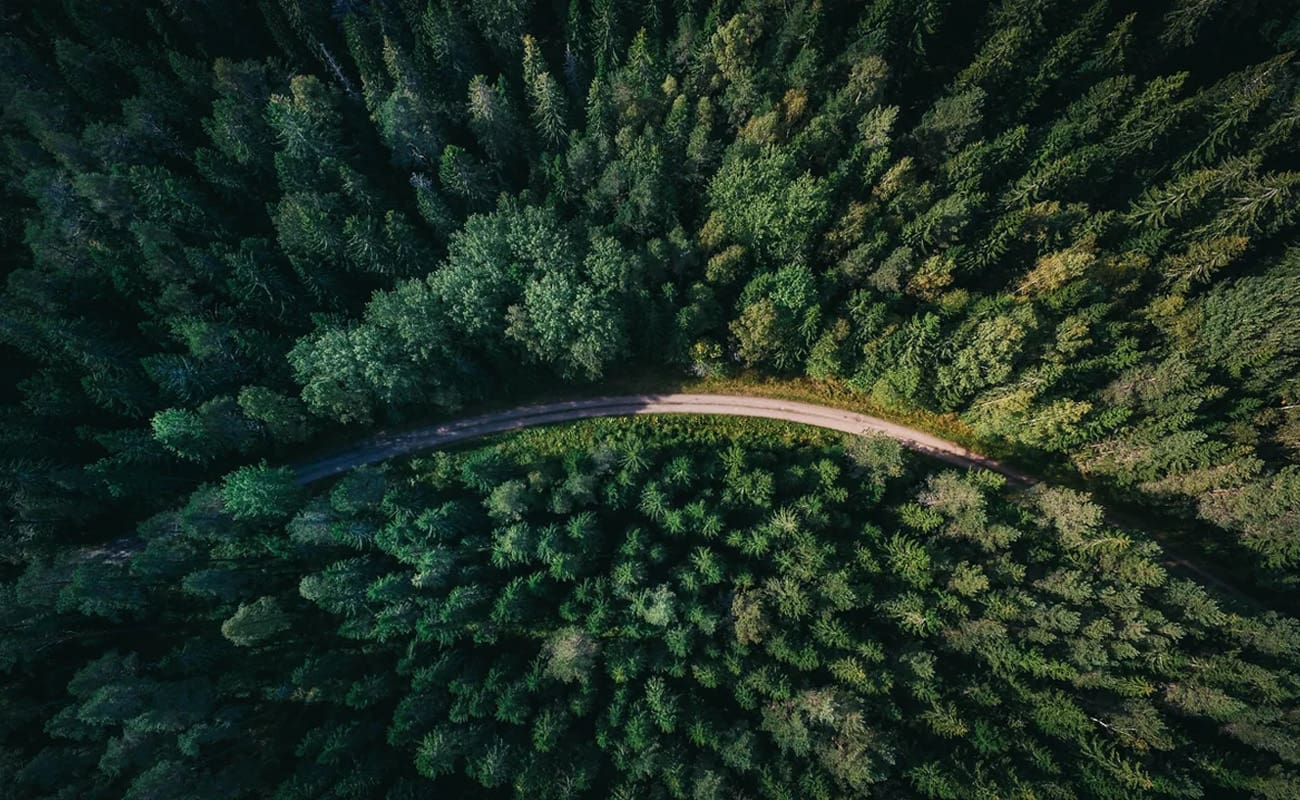The food choices we make every day have profound consequences for the planet. Diets high in animal products—such as meat, dairy, and eggs—are among the leading drivers of environmental degradation, contributing to greenhouse gas emissions, deforestation, water scarcity, and pollution. Industrial livestock farming requires vast amounts of land, water, and energy, making it one of the most resource-intensive systems on Earth. In contrast, plant-based diets typically demand fewer natural resources and produce a significantly lower environmental footprint.
The environmental impact of diets goes beyond climate change. Intensive animal agriculture accelerates biodiversity loss by converting forests, wetlands, and grasslands into monoculture feed crops, while also contaminating soil and waterways with fertilizers, pesticides, and animal waste. These destructive practices not only disrupt delicate ecosystems but also threaten food security by undermining the resilience of natural resources needed for future generations.
By examining the connection between what we eat and its ecological toll, this category highlights the urgent need to rethink global food systems. It underscores how transitioning to more sustainable dietary patterns—favoring plant-based, regional, and minimally processed foods—can mitigate environmental damage while also promoting human health. Ultimately, changing diets is not only a personal choice but also a powerful act of environmental responsibility.
The dairy industry, often seen as a staple of the global food system, carries profound ethical, environmental, and health implications that are impossible to ignore. Beneath its surface lies the exploitation of animals enduring distressing conditions and harmful procedures. Environmentally, dairy farming is a major driver of greenhouse gas emissions, water pollution, deforestation, and resource depletion—all contributing to ecological imbalance. For consumers, dairy products are associated with health issues such as lactose intolerance and increased risks of chronic diseases. This article sheds light on these impacts while highlighting plant-based alternatives that offer compassionate choices for animals, healthier options for humans, and sustainable solutions for the planet’s future


























































